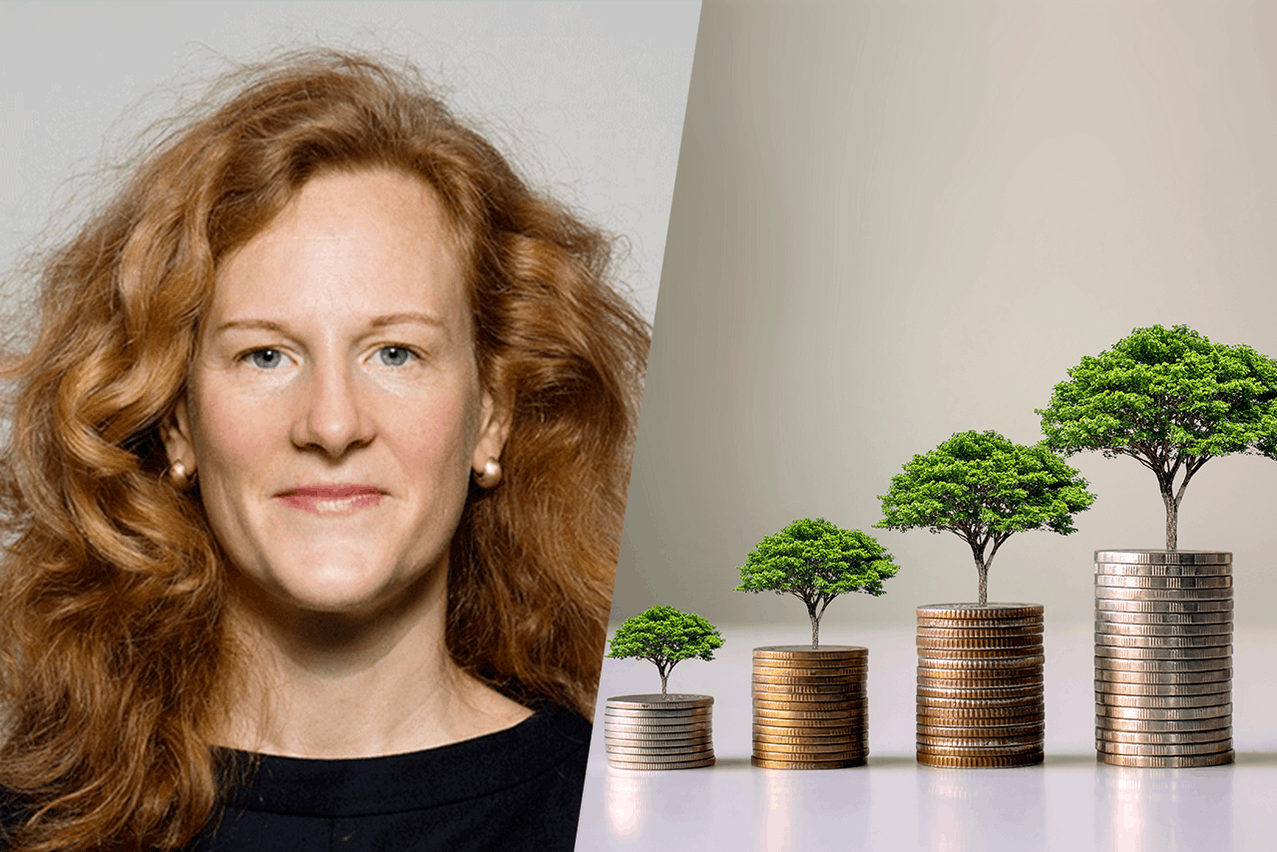Through responsible investment and shareholder activism, ShareAction, aims to encourage institutional investors and companies to prioritise sustainability, social justice and good governance.
This new definition represents a significant shift beyond the scope of environmental, social and governance investing, and actively calls upon institutional investors such as pension funds, asset owners, asset managers, insurers and banks to take responsibility for the real-world impacts of their investments on both people and the planet.
The organisation has identified several systemic issues that hinder the investment industry’s ability to address urgent social and environmental challenges. These issues include insufficient ambition, a narrow focus on financial risk and return, and a lack of accountability to pension savers, retail investors and other underlying investors.
ShareAction’s defined responsible investment as “a transparent approach, embedded throughout the investment process, that takes the negative and positive impacts on people and planet as seriously as financial risk and return.”
The proposed definition of responsible investment incorporates four principles:
- Transparency: This principle enables genuine accountability to clients and pension savers regarding the social and environmental impacts of investments made on their behalf. Disclosures should be clear and cover the actual and expected impacts of portfolio companies, how these impacts influence investment decisions, and the stewardship of investee companies, including approaches to public policy advocacy.
- Embedded throughout the organisation and process: Responsible investment decision-making, which balances risk, return and impact, should be consistently and systematically applied across the entire investment organisation. This should include all asset classes, strategies, and offered funds.
- Takes responsibility for positive and negative impacts on people and the planet: Investment decisions should avoid exposure to significant harm to people and the natural world while promoting the allocation of capital to activities that generate positive impacts. Asset stewardship should mitigate harm and foster positive outcomes for all stakeholders of the companies involved, addressing social and environmental issues.
- Takes real-world impacts as seriously as financial risk and return: Investors should adopt objective and coherent mechanisms to ensure that social and environmental impacts are considered alongside financial risk and return criteria. These mechanisms should be informed by credible global frameworks like the Sustainable Development Goals.
Catherine Howarth, chief executive of ShareAction, in an announcement, “Institutional investors have extraordinary power to influence how companies behave and the impacts they have on the world we live in. We see many examples of investors stepping into their power to drive positive action, for example on emissions cuts, the payment of living wages and more. But we also see significant complacency in the investment community”.
She added, “A step change in responsible investment ambition is needed if we’re to halt climate breakdown, prevent the destruction of nature, and ensure decent health and living standards for people around the world. Securing those outcomes has strong support from working people whose pension assets are managed by the investment industry. In launching this new definition of responsible investment, we’re demanding the investment industry balance risk, return and impact to better serve the interests of its ultimate clients.”
